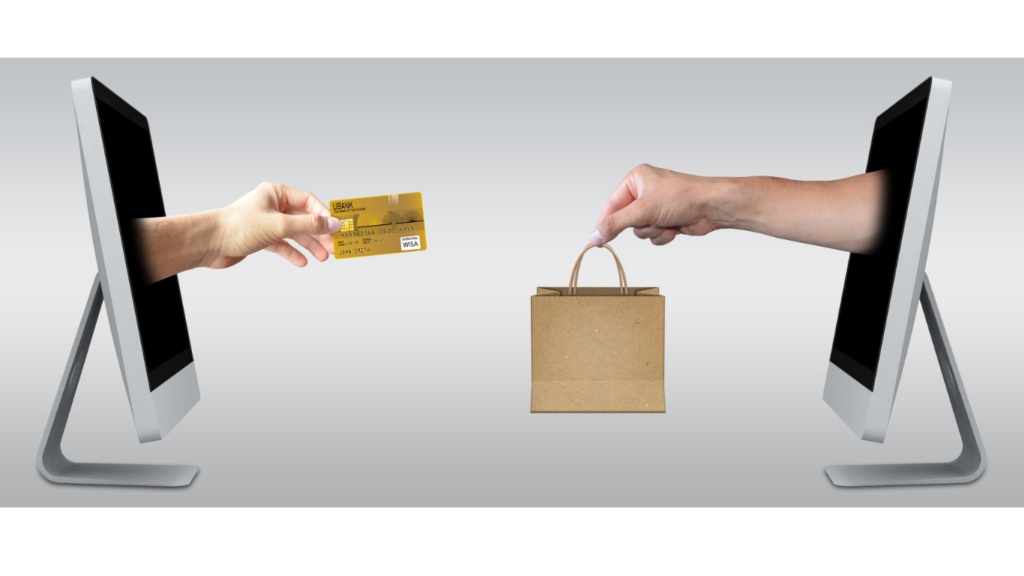
Covid has impacted almost every aspect of our lives, and retail is no exception. Even though COVID rules have relaxed, for the time being, it has changed the way consumers act and think. More customers are turning to online consumerism to avoid getting sick or dealing with new rules for being in public. Managers balance the shortage of employees with the demands of customers. This requires executives to rethink their culture. They face a choice between trying to conduct business as usual with a few (or many) modifications or expanding into a new marketplace. Adaptations to curbside pickup, service over the phone, preventive measures, and keeping up with local regulations are challenging and necessary.
Before the pandemic, I consulted a publishing company focused on retaining talent. There was clarity among leadership that most jobs paid the same across the board in the various publishing roles. The trick was figuring out how to hold onto their staff, who could easily quit and join a different publishing company. The hands-down choice was for this company to focus on how their people are treated and valued.
The post-pandemic consumer is more educated and informed. They are also more open because they have been isolated and are more interested in engaging in public spaces. Time at home had them researching and buying online. Now that they are out and about, this habit translates into purpose-driven consumers who are more knowledgeable about their product, such as ingredients and what products pair well with other products.

Managers tasked with supervising multiple stores face a reorganization of their structure. They may not get to every store with ease or send someone else in their place. Some stores have even reduced the size of their regions due to restrictions on travel. This results in a greater touchpoint with the business and a smaller carbon footprint for the account executive.
Let’s not forget the safety of workers in the past few years. Managers need to recognize the concerns. Partly to avoid exposure to Covid, more people are leaving traditional jobs to start their own businesses. One Washington Post headline reads, “American’s unemployed are sending a message: They’ll go back to work when they feel safe – and well-compensated.”
All this change triggers numerous unexpected events taking place that wouldn’t have had COVID not entered our reality. New situations present themselves that were not on our radar previously such as supply chain activities. The reactions from staff have changed causing managers and leaders to rethink scheduling, hiring, and how employees are trained. Our reality about retail is continually shifting and the stories that speak to the transformation of industry are vital lessons learned that we benefit from cataloging and telling.
Ask yourself, how well-prepared are you to tell the stories of change in your industry? Click the button below and schedule a strategy session with me. We’ll explore how you can develop your skills to tell the story of change and your leadership journey in making it happen to those who matter most, your stakeholders, customers, employees, and the media.
